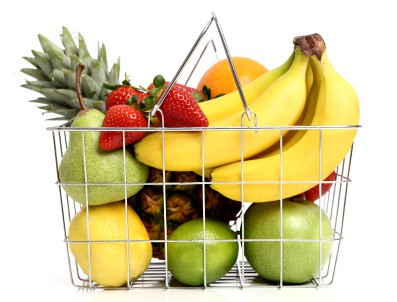
This is a really good question, but unfortunately, I cannot give you a cut and dry answer (and trust me, I would like one too!). The truth is, offering your children a variety of fruits and vegetables, dairy products, lean meats and alternatives and whole grains is important. Whether these foods are organic or not, is less important. In other words, I would rather you buy a wide variety of fruits and veggies for your family year-round than cut back because you can’t afford most organic fruits and veggies. We know now, that the nutritional qualities of foods from all food groups are similar whether they are organic or conventional; meaning that the levels of vitamins, minerals, proteins, fats, antioxidants and other nutrients are roughly the same in both. However, we also know that organically raised meats are less likely to be contaminated with drug-resistant bacteria, because organic farming methods prohibit the use of antibiotics. Also, organic produce has lower pesticide residues, which may be harmful long-term. What we don’t know, at this point, is what the long-term effects of pesticide and herbicide exposure is because there haven’t been any large human studies performed as of yet.
Here are some of my go-to tips that I share with parents that ask this question:
Pick and choose: The Environmental Working Group’s 2016 Shopping Guide is a great resource that I use myself and recommend to clients to help them decide which foods to buy organic and which foods not to worry about as much. This resource helps you to know which foods are highly contaminated with pesticides and which ones aren’t.
Buy local when you can: Local foods are fresher, tend to taste better and look better, and may also provide more nutrition than foods that have been imported and traveled miles to get to your plate. The longer fruits and veggies sit, whether it’s on a truck, plane, boat or in a warehouse, the more nutrients are lost. Buy local and in season when you can to get the freshest, tastiest and most nutrient-rich foods. In Calgary, I have used a service called SPUD (Sustainable Produce Urban Delivery) – a food delivery service that delivers fresh local and organic foods to your door (and it’s about the same price as you’d be paying in the store!)
Know where your meat is coming from: Be pro-active and become familiar with where your meat is coming from. Take the extra step to research some local butchers, learn about their farms, their practices and how their animals are fed and treated. Consider purchasing beef and other meats from a smaller local butcher that you feel comfortable with and who takes the time to educate you on their practices. I now purchase our beef and poultry from a local farmers market, not only because I know and trust the butcher, but because the beef is grass-fed, doesn’t contain hormones or antibiotics, and is ethically treated prior to slaughter. It doesn’t necessarily have to be organic, but it’s nice knowing more about the meat that you’re feeding your kids. Another option is to try out the “free-from” line at Superstore. It is free from antibiotics and hormones.
Continue to buy healthy foods: Regardless if they are organic or not, continue to buy a wide variety of fruits and veggies, lean meats and alternatives, low-fat dairy products and whole grains for your family. You shouldn’t feel limited in the variety of foods that you buy because there is limited availability in organic products or because you cannot afford them. Your children will reap the benefits of the healthy foods that you provide regardless of how they were grown or raised.
Thanks for reading!!
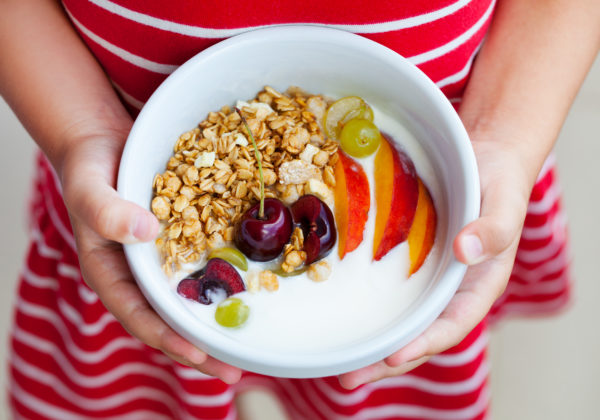

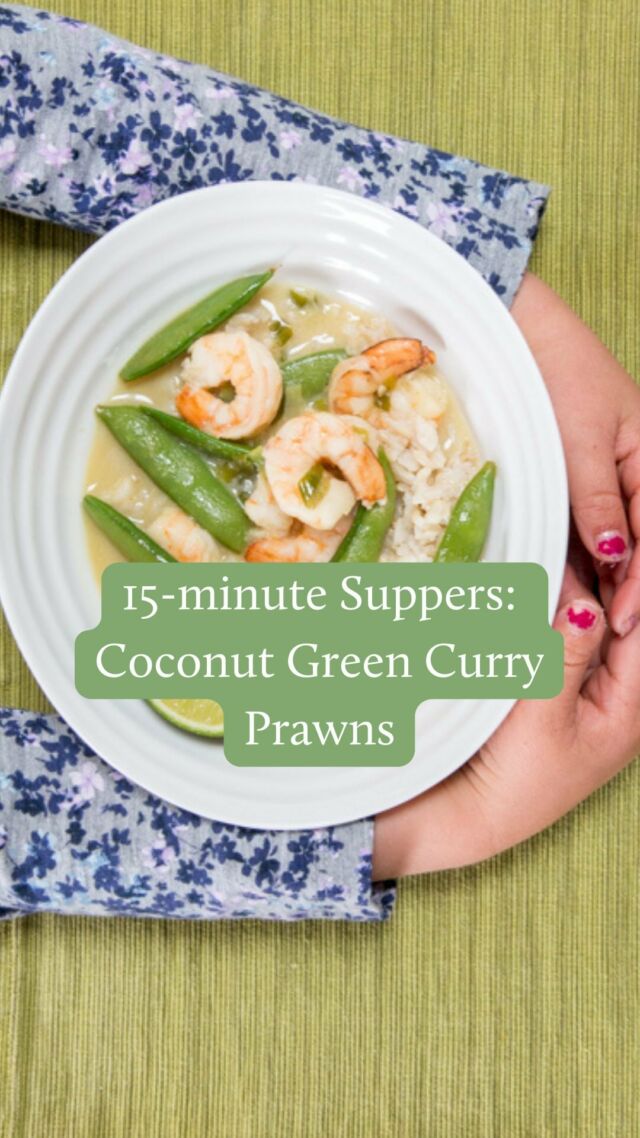

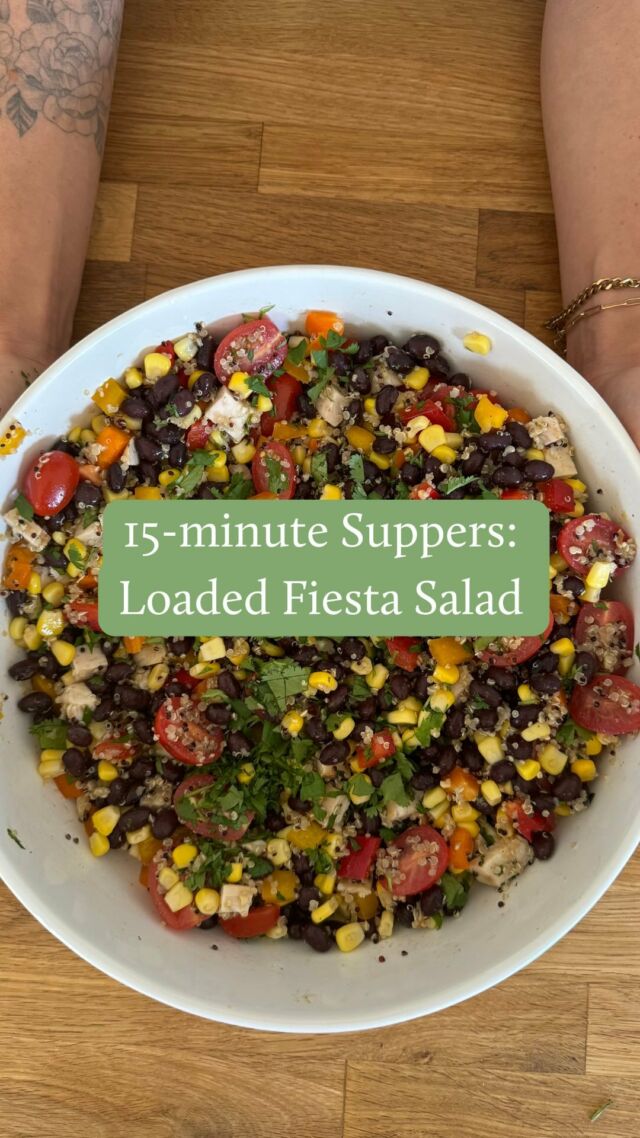


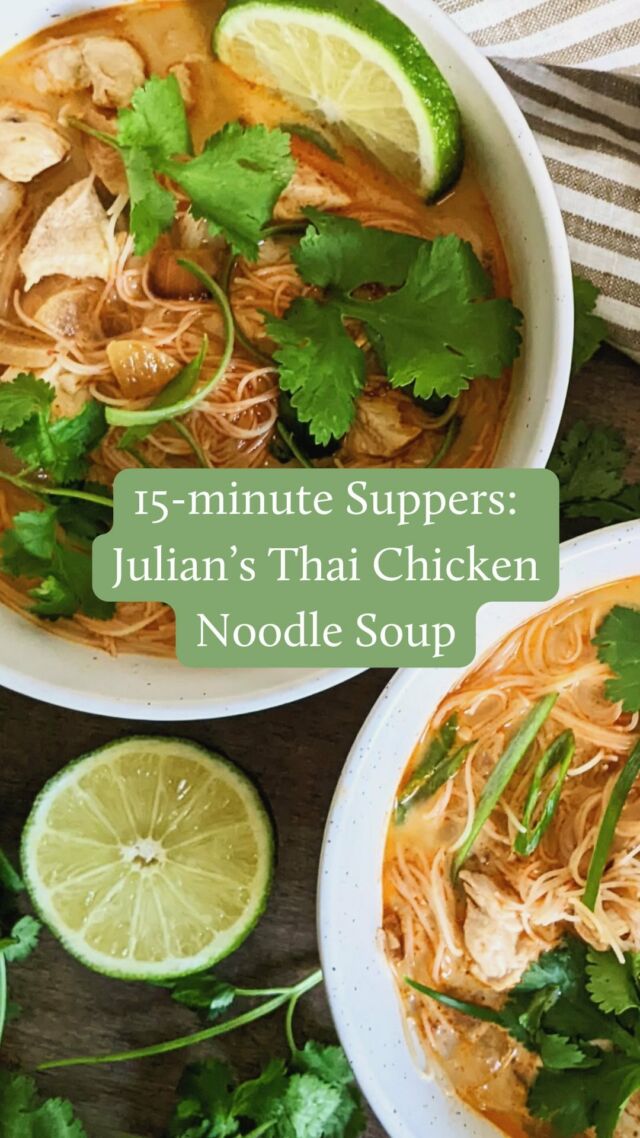
Comments
prostacet prostate health says
Woah! I’m really digging the template/theme of this website. It’s simple, yet effective.
A lot of times it’s very hard to get that “perfect balance” between superb usability and visual appearance. I must say that you’ve done a amazing job with this.
Also, the blog loads super fast for me on Internet
explorer. Exceptional Blog!
Sarah Remmer says
Thank you!!